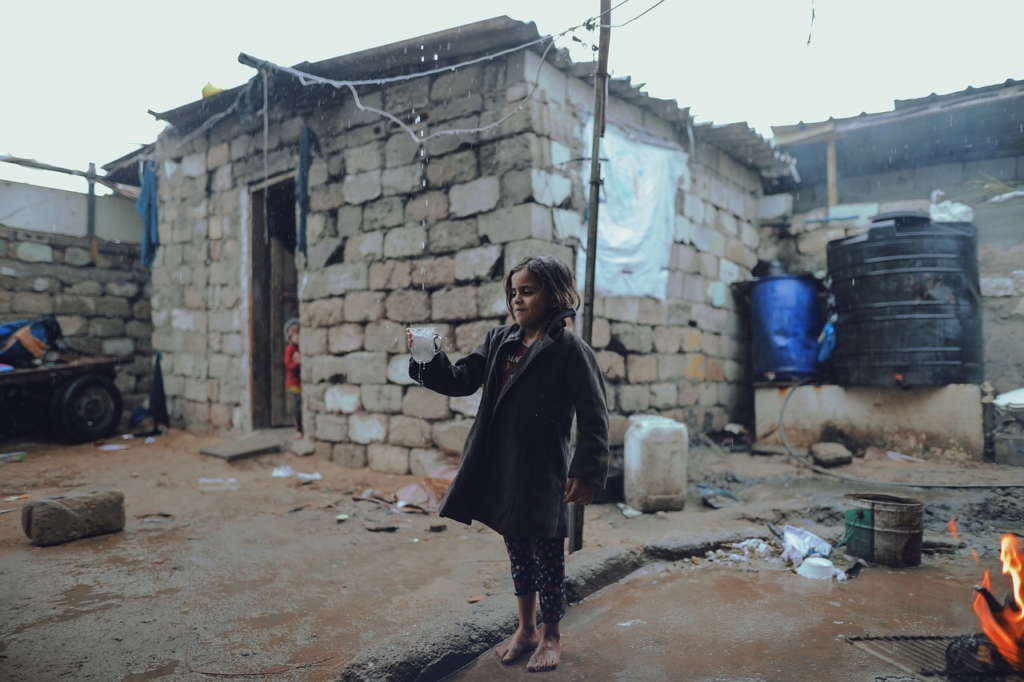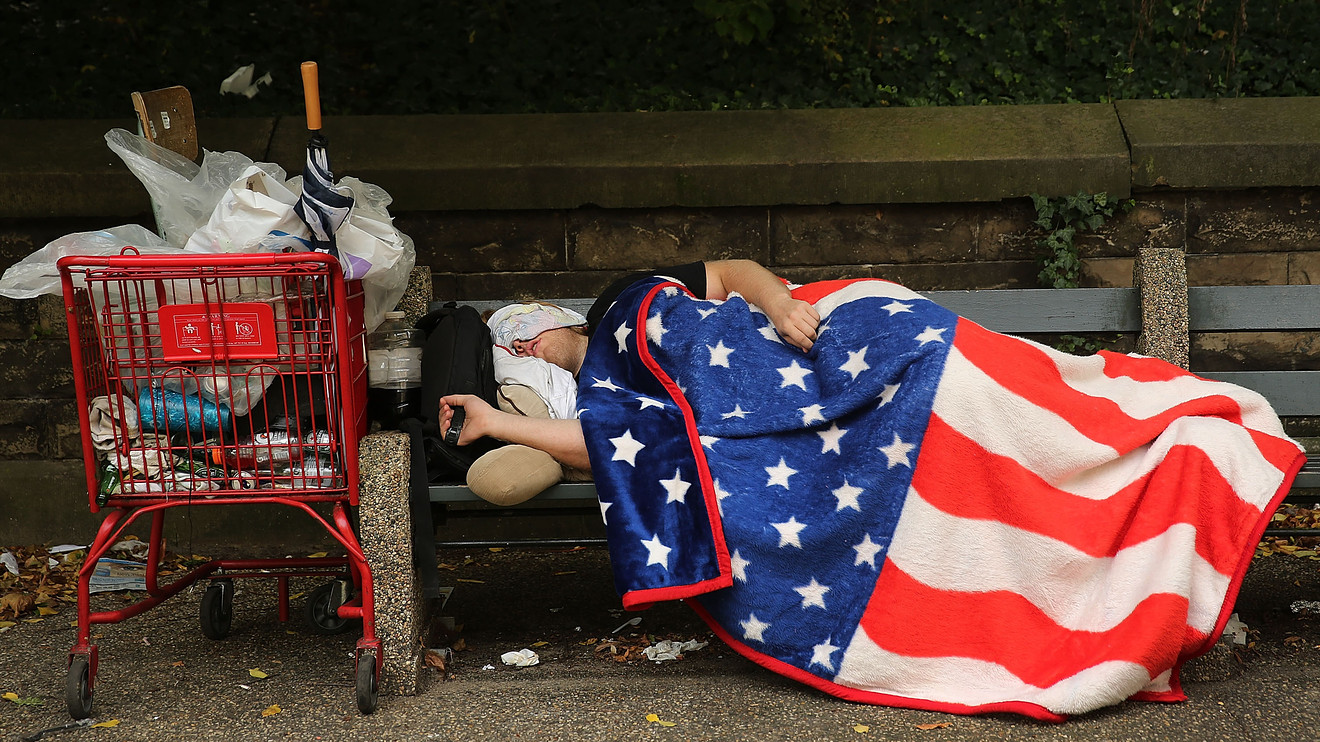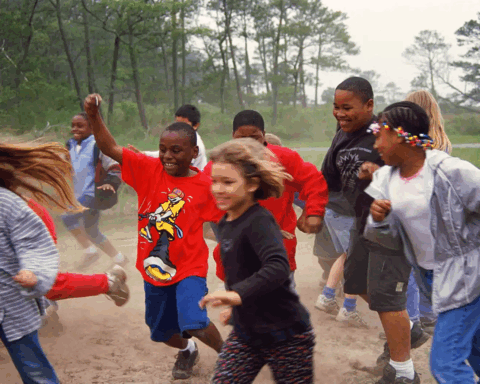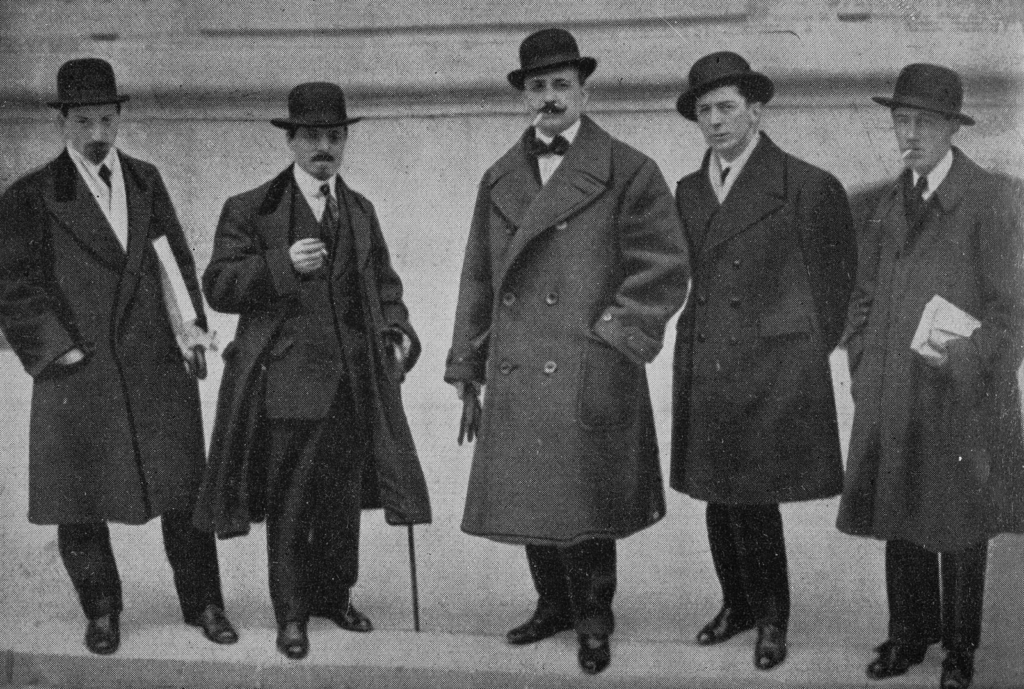A recent article published in Theory, Culture & Society proposes a “neuroecosocial” approach to understanding mental health. Sociologist Nikolas Rose of King’s College London, previously interviewed by Mad in America, and co-authors Rasmus Birk and Nick Manning explore alternative ways to understand the link between personal “lived experience” and things like “social determinants of health.” They look to an integrative theory that could go beyond a reductionistic focus on brains, toward understanding people’s experience in the context of their environments or “ecological niches.”
“It is time for those concerned with social theory to re-engage with questions of ‘mental health.’ Half a century ago, critical analyses of mental health were at the heart of our understandings of the social world – whether in the work of Erving Goffman, Michel Foucault, R.D. Laing, Frantz Fanon, Dorothy Smith, Phyllis Chessler, Elaine Showalter, Thomas Scheff…” the authors write.
“Power and social exclusion, social control and resistance; identity, gender, racialization and stigmatization; self, subjectivity and subjectification; norms, normality and normalization; knowledge and its authority – these were not merely central to our understanding of what had become termed mental illness, not merely crucial for the reform of social practices towards those who were ‘different,’ but fundamental to understanding social injustice.”

Critical commentators continue to focus on the importance of “social determinants of health” in opposition to the biomedical model. Correspondingly, there has been a call for new understandings of the linkages between the personal and the social, economic, and ecological that avoid the pitfalls of the mind-body split.
The current paper offers a new theoretical understanding of the specific ways that “neurological, ecological, and social pathways” come to influence human beings’ lived experience. The authors draw on several different concepts from social theory and biology to create a “toolbox” for further developing an integrative approach to understanding mental health non-reductionistically.
The authors note that significant research exists demonstrating the connection between certain social situations – for example, living in a large city, being a migrant, and experiencing social and economic disadvantage – and mental distress. People suffering from these situations are made more vulnerable to a range of difficulties, from experiences associated with schizophrenia and bipolar disorder to anxiety and depression.
However, they write that an “‘ecosocial epidemiological theory’ that ‘[…] truly integrates social and biologic understandings of health, disease, and well-being’” is lacking.
For their own contribution, they describe several concepts from social theory and biology which can guide a more holistic understanding.
The first of these concepts is an “ecological niche.” The authors explain:
“We need to go beyond the broad correlations of social epidemiology to focus on the actual experiences of those who live their lives in those adverse circumstances that have been identified as social determinants – poverty, poor housing, pollution, financial stress, domestic abuse, racism, stigma, trauma.”
Serving as the worldly “background” of any person or group of people is their ecological niche. This can be summarized as the “zone of living within a milieu that can be occupied by a particular organism with its mode of existence, diet, temperature range, reproductive requirements and so forth.”
As an example of applying this concept to social analysis, they discuss Greg Downey’s research on the ecological niche (or multiple niches) of street children in Brazil. On a particular day, these children might have “navigated dangerous traffic, picked their ways through unmapped favelas, evaded police and private security, and organized themselves for personal safety and conflict resolution.”
The authors point out that these children do not simply exist within a pre-set niche but actively construct and reconstruct their niches through their own activity.
The second concept here is that of affordances. An ecological niche provides certain affordances – in other words, opportunities and obstacles for different kinds of activity.

An example from the authors:
“For those Brazilian street children who inhabit São Paulo, the pavements in Avenue Paulista may afford sleeping, the pockets of window-shopping tourists may afford pick-pocketing, the dumpsters outside restaurants may afford scavenging and so forth. But for wealthy Paulista women, who live much of their lives in gated communities, they afford none of these things, and when they venture out, roads under bridges and pavements often afford little except the possibility of being robbed or assaulted; many are suffused with anxiety and vulnerability and are best avoided altogether.”
Ecological niches are filled with all sorts of affordances, affording all sorts of opportunities for different activities, ways of life, and experiences.
Further developing this line of thought, the authors discuss a concept called Umwelt. An Umwelt, drawn from biologist Jakob von Uexküll, is the idea that different species and even different human beings inhabit different worlds of experience. What is “salient” for a human being – what appears in experience, what is paid attention to – may not be salient for a cat, though there may be overlap.
As the authors note, many of the salient features of humans’ “Umwelten” depend on culture and history. The Abraham Lincoln monument in Washington, D.C. would not have the same meaning for people from the UK as it does for many in the United States, who might experience a sense of “civic duty or pride” at such statues and historically significant sites. In addition, the authors note, these kinds of monuments may involve an attempt to manage emotion and public feeling.
They extend these arguments by discussing “atmospheres and biological localities.” Here, they point out that ecological niches can provide affordances for different emotions and feelings, and even biological influences. In discussing the “toxicity” experienced by Brazilian street children, they write:
“The niches inhabited by Brazilian street children are toxic, not just because of the daily struggle to acquire the necessities of life against a pervasive threat of violence from other people, but because their vitality is constantly under threat from exposures to the pathogens and parasites with which they share their lives.”

The goal here is to begin to understand how ecological niches interact with and open people up to certain kinds of psychological, emotional, and biological development since, as the social determinants research points out, brains and bodies do not develop in a vacuum.
The authors list several research methods that could aid in mapping these effects in finer detail, such as anthropological ethnography looking at people’s lived experience within ecological niches, the “mental mapping techniques” of Stanley Milgram, smartphone apps that could assist in understanding how specific locations might be generally associated with particular emotions, among other methods.
They propose that this kind of research could inform public policy efforts to combat social and economic inequality and the deleterious mental health effects that can result from such “toxic” environments.
The authors conclude:
“A knowledge of the ways that humans with different abilities and capacities inhabit their niches could inform strategies to create ‘healthy, safe and sustainable cities’ through architecture and urban design, housing, and the management of mobilities – something already achieved to some extent, and in some places, for those ‘differently abled’ in their bodies or senses.”
“To a degree, such concerns are already motivating strategies for the management of biophysical environments from microbes to air quality, although seldom for the most disadvantaged. In developing this approach, we suggest, we would transform questions such as urban justice or the ‘right to the city’ by bringing them into connection with the consequences of the unequal niches which contour and constrain the vital existence of those who inhabit them.”
***
written by Micah Ingle
Rose, N., Birk, R., & Manning, N. (2021). Towards neuroecosociality: Mental health in adversity. Theory, Culture & Society. (Link)

MIA Research News Team: Micah Ingle is a doctoral student in Psychology: Consciousness and Society at the University of West Georgia. He has published on therapeutic approaches centering the person-in-context, as opposed to the individualizing medical model, and on the characteristics of people high in empathy. His current interests include the intersection of sociopolitical/economic structures and mental health, individualism in psychology, gender, liberation psychology, and mythopoetic perspectives inspired by Jungian thought.
_______________
source: https://www.madinamerica.com









